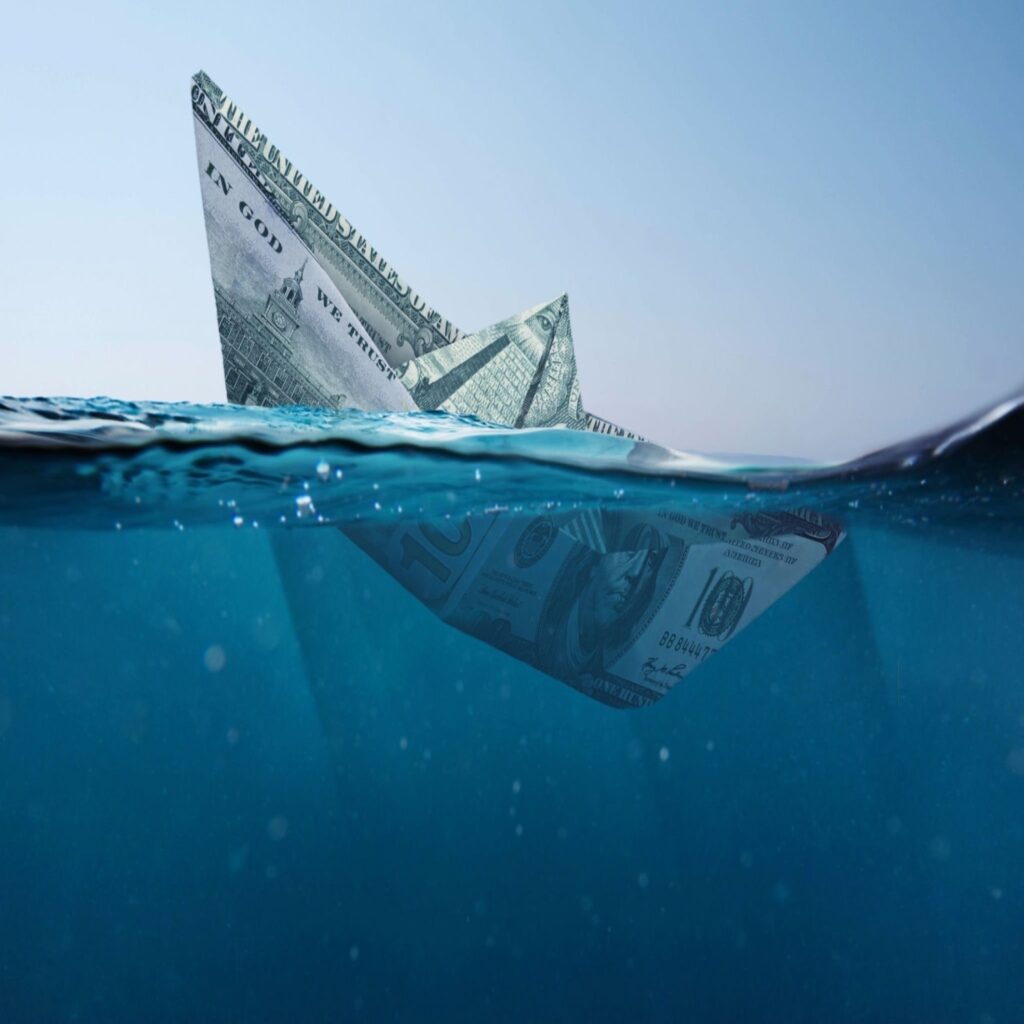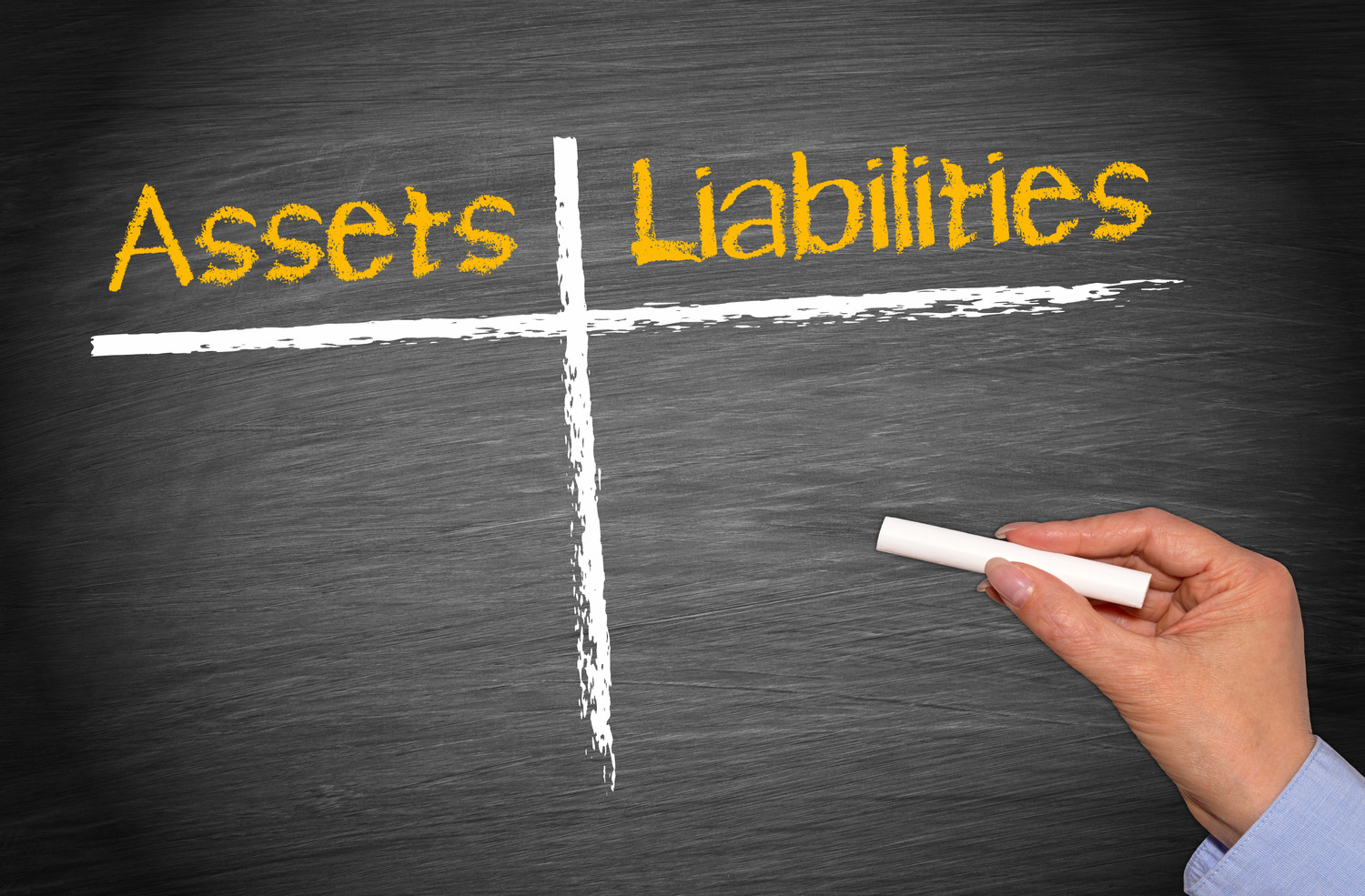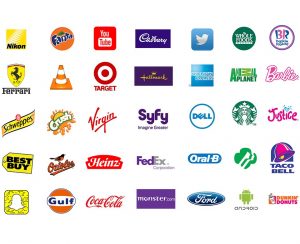Embarking on the journey of personal finance can feel like setting sail into uncharted waters. To successfully navigate these financial seas, it’s essential to grasp the basics, particularly the fundamental concepts of assets and liabilities. This comprehensive beginner’s guide aims to make these concepts more accessible, unraveling the mysteries of financial success and providing actionable insights for a prosperous financial voyage.
Grasping the Fundamentals
The Foundation of Financial Literacy
Before setting sail, let’s lay a solid foundation by understanding two fundamental concepts: assets and liabilities.
Assets are what you own that have value. Think of them as your financial ‘wins’—things like cash, investments, your home, and even your business.
Liabilities are what you owe, or your financial ‘obligations.’ This includes debts like mortgages, loans, credit card balances, and any other financial commitments.
Understanding these terms is like having a compass for your financial journey. Now, let’s explore these concepts further.
Assets – Your Financial Foundations

Assets are like treasures that contribute to your financial well-being. Let’s break down some common types:
1. Liquid Assets: The Cash Flow Catalyst
Think of liquid assets like ready-to-use resources. Your wallet, savings account, and other easily accessible funds fall into this category. They provide stability and flexibility when life gets unpredictable.
2. Investments: Planting Seeds for Financial Growth
Investments are like planting seeds for future financial growth. Stocks, bonds, and mutual funds have the potential to grow over time, offering stability and contributing to your overall financial health.
3. Real Estate: Building Wealth Brick by Brick
Owning property, whether it’s your home or a real estate investment, is like building a tangible foundation for wealth. Real estate tends to appreciate over time, making it a valuable asset in your financial portfolio.
4. Business Ownership: The Entrepreneur’s Goldmine
If you own a business, congratulations – it’s a valuable asset! Your business has the potential to generate income and contribute significantly to your overall financial success.
5. Retirement Accounts: Navigating the Seas of Future Security
Retirement accounts act as a guiding light toward financial security in your later years. They help you build a safety net for the future.
Liabilities – Navigating the Financial Currents

Liabilities are the financial currents that can pull you in the opposite direction. Some forLet’s delve into these potential challenges:
1. Mortgages and Loans: Riding the Debt Waves
Mortgages and loans are tools that help you achieve significant milestones, like buying a home or pursuing education. However, it’s crucial to navigate these debt waves responsibly to avoid financial pitfalls.
2. Credit Card Debt: Taming the Plastic Beast
Credit cards offer convenience but can turn into a financial beast if not managed properly. Discover strategies to manage and conquer credit card debt effectively.
3. Personal Loans: Steering Clear of Financial Pitfalls
Personal loans can be helpful, but it’s essential to steer clear of financial pitfalls. Learn how to use them wisely to avoid unnecessary debt.
4. Auto Loans: Maneuvering Financing Channels
Auto loans are common, especially when purchasing a vehicle. Maneuver these financing channels wisely to avoid unnecessary financial stress.
Navigational Strategies

Now that we’ve covered the basics of assets and liabilities, let’s plot a course for your financial journey with actionable strategies:
1. Build a Solid Asset Foundation: The Blueprint for Stability
Craft a diverse portfolio of assets to create a sturdy foundation for your financial ship. This might include a mix of liquid assets, investments, and property to ensure stability.
2. Manage Liabilities Wisely: Steering Clear of Financial Shoals
Avoid unnecessary debt by adopting smart liability management. Focus on paying off high-interest debts first and free up resources for your financial journey.
3. Emergency Fund: Your Financial Lifeboat in Choppy Seas
Establishing an emergency fund is like having a financial lifeboat. Discover how this fund can provide security during unexpected financial storms.
4. Educate Yourself: Navigating with Financial Knowledge as Your Compass
Stay informed about personal finance principles to make informed decisions about your assets and liabilities. Knowledge is your most valuable navigational tool.
5. Seek Professional Advice: Navigating the Seas with a Financial Captain
Collaborate with financial advisors to chart a course that aligns with your unique financial goals and circumstances. Professional guidance can be the wind in your sails.
Navigating Toward Financial Success
In the intricate seas of personal and business finance, understanding assets and liabilities is your compass. By mastering these fundamental concepts and adopting strategic financial practices, you can confidently navigate toward financial success.
Remember, in the vast sea of personal and business finance, knowledge and strategic planning are your most reliable companions.





